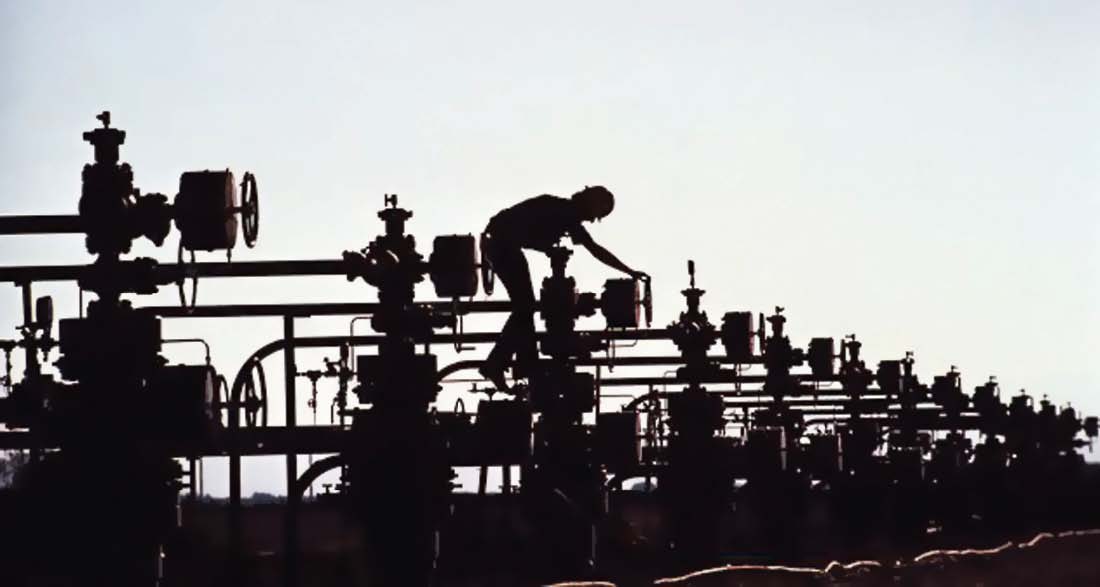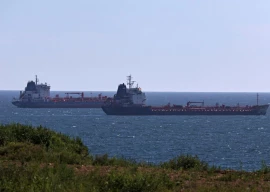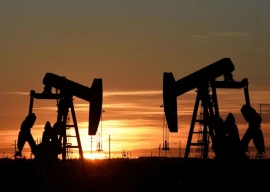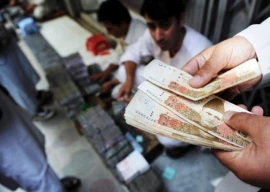
Oil refineries and the regulator are locked in a row over the signing of an agreement for availing of incentives for upgrading projects under the new refinery policy.
Sources told The Express Tribune that some refineries like Attock Refinery Limited (ARL) had developed differences over the clauses of forced majeure and incremental revenue collection.
The deadline for inking the agreement between the refineries and the Oil and Gas Regulatory Authority (Ogra) is November 16, which is inching closer. However, both sides have yet to arrive at a consensus over these clauses.
The refineries were seeking clarification whether the incremental revenue receipts on account of deemed duty would be taxable or not. There is no clarification in the policy.
According to sources, Ogra’s member oil is working to resolve the issue with hopes that the agreement will be signed before the deadline.
Sources, however, said that if differences persisted, the implementation of the new refinery policy would be delayed.
The previous Pakistan Democratic Movement (PDM) government had approved the refinery policy for upgrading the existing plants to churn out environmentally friendly fuels. With that, the production of diesel will be doubled in the coming years.
Incentives in the policy include a 10% deemed duty on petrol and an additional 2.5% deemed duty on high-speed diesel, aimed at catalysing the growth in production of crucial petroleum products. At present, the refineries collect 7.5% deemed duty on diesel.
To ensure effective utilisation of resources, the refineries will allocate 25%, or $1 billion, of the projected duty collection for plant upgrades. This ensures that the incremental revenue “finds purpose in industry-enhancing endeavours”, the sources said.
Read: Oil supply cost proposal rejected
This mechanism involves the establishment of an Escrow account, jointly managed by Ogra and the refineries. Deemed duty collection is deposited in this account.
Industry experts have projected the total expenditure on upgrading refineries in the range of $4 billion to $5 billion. Of this, $1 billion has been earmarked for utilisation out of the incremental revenue.
The impact of the new policy will be reflected in the contribution of local refineries to meeting domestic demand. At present, these refineries account for 30% of the country’s petrol demand.
With the new policy, this ratio is anticipated to double in the next six years, reaching a substantial 60% of the petrol demand.
Similarly, for diesel consumption, the refineries provide 50% of the country’s requirement. In the next six years, their diesel production capacity is projected to double, which will cater to 100% of consumer demand and require no imports.
Industry experts concede that while the demand for diesel may rise 10% to 20% over the next six years, the country’s self-reliance is poised to avert the need for imports.
The incentives contained in the refinery policy are expected to start yielding returns within one to two years by bolstering the inflow of foreign exchange. As the local production of petrol and diesel will increase, the country will be able to save $600 million annually.
Apart from the above initiatives, the previous government introduced 10% customs duty on petrol and diesel under the refinery policy. The clinching of binding agreements with Ogra is a prerequisite for the refineries to qualify for these benefits.
Published in The Express Tribune, November 14th, 2023.
Like Business on Facebook, follow @TribuneBiz on Twitter to stay informed and join in the conversation.





















COMMENTS
Comments are moderated and generally will be posted if they are on-topic and not abusive.
For more information, please see our Comments FAQ